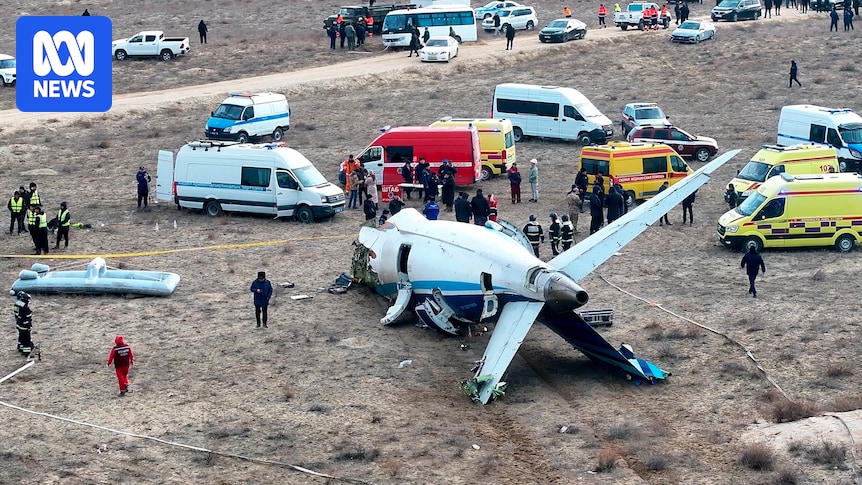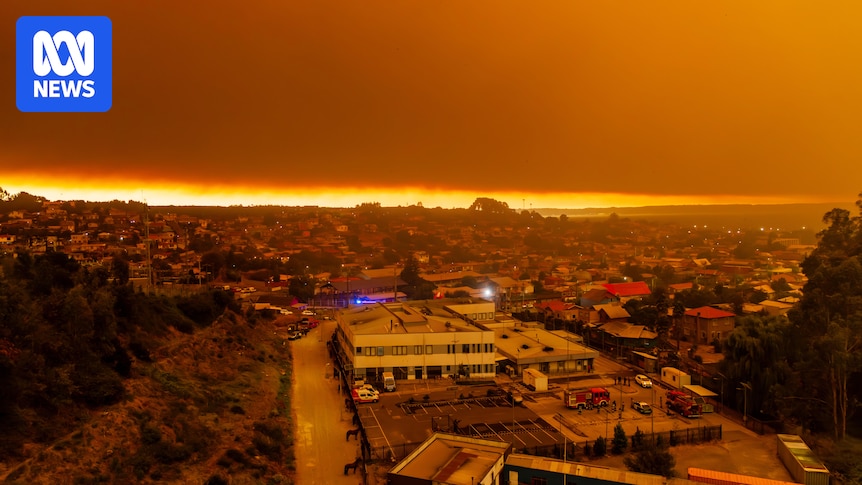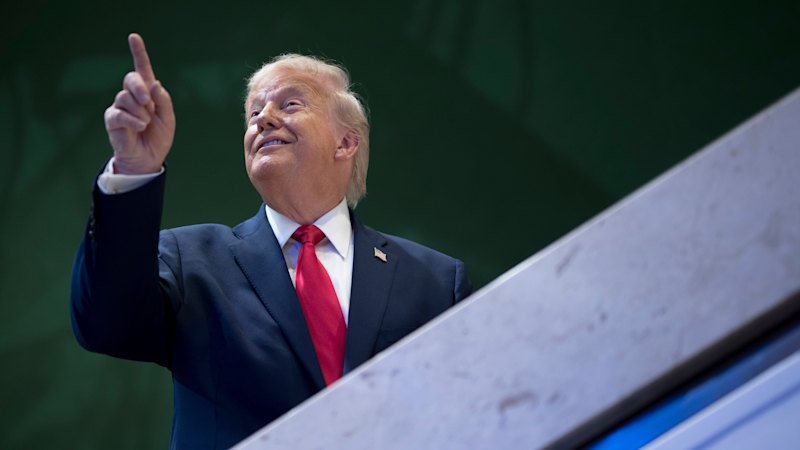
In a significant admission, Russian President Vladimir Putin stated on Thursday that Russian air defences were responsible for the downing of an Azerbaijani jetliner in December 2024, which resulted in the deaths of 38 people. This marks his first public acknowledgment of responsibility for the incident, an effort aimed at easing the growing tensions between Russia and Azerbaijan.
Speaking with Azerbaijani President Ilham Aliyev, Putin explained that two missiles fired by Russian air defences, intended to target a Ukrainian drone, detonated just 10 meters from the Azerbaijan Airlines plane. He described the incident as a “technical malfunction” and assured that Russia would take steps to provide compensation and legally assess the actions of all officials involved.
“The Russian side will obviously do everything to provide compensation and give legal assessment to all responsible officials’ action,” Putin stated. “Of course, these words related to this tragedy, aimed at supporting — morally supporting — the families do not solve the main problem: we can’t bring back to life those who died as a result of the tragedy,” he added.
Initial Reactions and Diplomatic Strain
The crash, which saw the Embraer 190 jet attempting to land in western Kazakhstan after being hit, initially led to a diplomatic rift. Azerbaijani authorities accused Russian forces of accidentally targeting the plane. In the aftermath, Putin expressed regret over the “tragic incident” but did not immediately accept responsibility, leading to criticism from Aliyev who accused Moscow of attempting to “hush up” the situation.
The incident has strained the previously warm relations between Moscow and Baku, further aggravated by unrelated incidents involving ethnic Azerbaijanis in Russia and arrests of Russians in Azerbaijan. These tensions have put a spotlight on the strategic importance of Azerbaijan to Russia, especially given the geopolitical dynamics following Russia’s military actions in Ukraine.
Strategic Importance of Azerbaijan
Relations with Azerbaijan have gained increased significance for Russia since its military intervention in Ukraine in 2022. Azerbaijan’s alliance with Turkey, a crucial economic partner for Russia amidst Western sanctions, underscores its importance. Furthermore, Azerbaijan serves as a vital transport corridor for Russian trade with Iran and other Middle Eastern nations.
The energy-rich nation of Azerbaijan not only imports oil and natural gas from Russia to meet domestic needs but also exports its hydrocarbons to Western markets. Conversely, Russia remains a primary market for Azerbaijani agricultural exports and hosts a significant Azerbaijani diaspora, with estimates suggesting up to 2 million ethnic Azerbaijanis reside in Russia.
According to a 2021 census, about half a million ethnic Azerbaijanis live in Russia, but unofficial estimates suggest the number could be as high as 2 million.
Moving Forward: A Path to Reconciliation
Despite the recent strains, both leaders have expressed a desire to mend ties. During their meeting in Dushanbe, Tajikistan, where they attended a summit of former Soviet nations, Putin and Aliyev signaled their intent to restore and strengthen their bilateral relationship.
“I hope that our cooperation not only will be restored, but continue in the spirit of our relations, the spirit of our alliance,” Putin remarked. Aliyev responded positively, emphasizing the potential for a “broad and positive” bilateral agenda and expressing hope for a constructive response from their respective societies.
This development comes as both nations recognize the mutual benefits of cooperation, particularly in the context of regional stability and economic partnerships. The incident serves as a reminder of the complexities inherent in international relations and the importance of diplomatic dialogue in resolving conflicts.
As Russia pledges to hold those responsible accountable and provide compensation, the focus now shifts to how both countries will navigate the path to reconciliation and whether this incident will ultimately strengthen or further challenge their strategic partnership.





